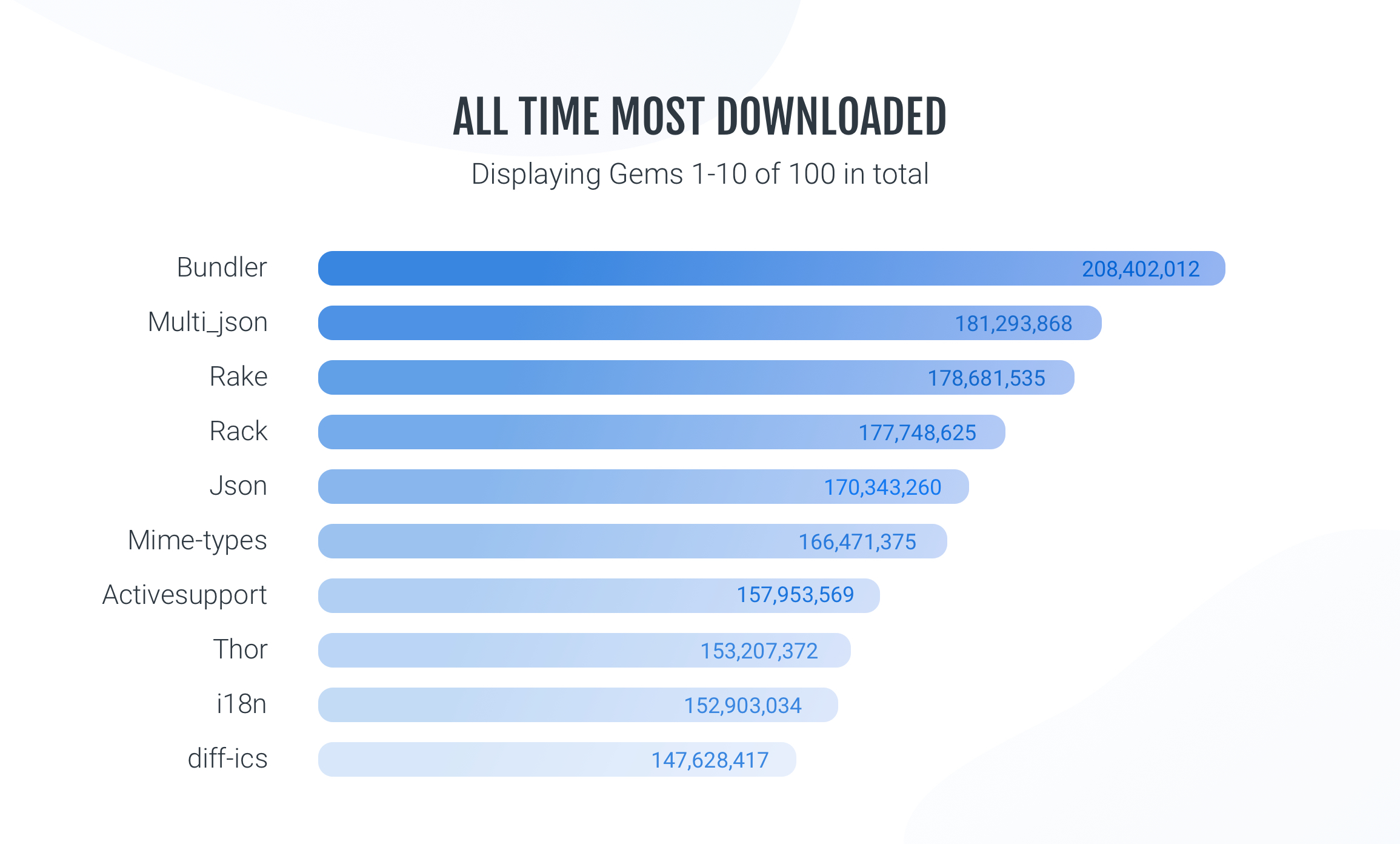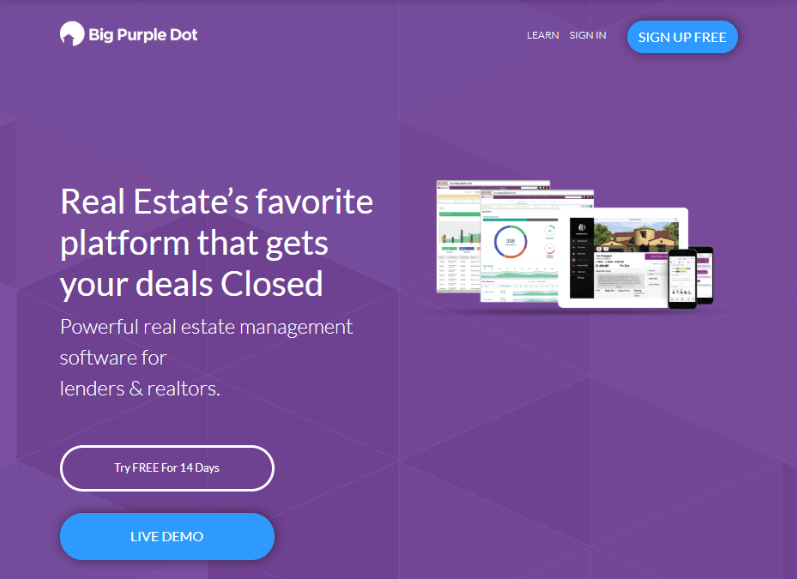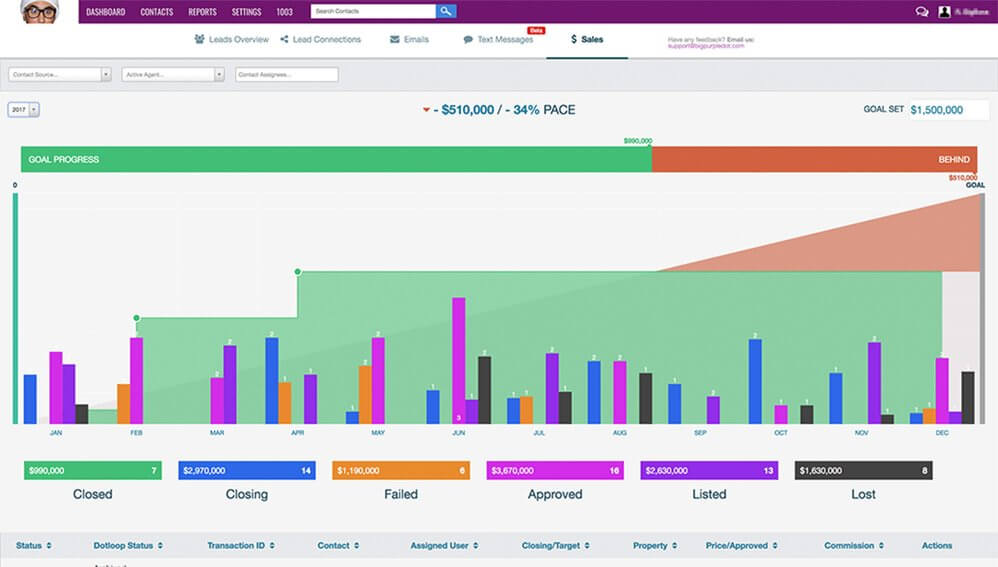There are plenty of preset customer relationship management systems (CRMs) out there, so no need to build one from scratch. But there are situations when you need unique functionality, and a custom Ruby on Rails CRM can provide exactly that.
If you have been in the business long enough, you might be considering the development of your own customer relationship management tool. You know your clientele well, know what works best and want to boost profits by using that knowledge with your custom CRM app.
You will need to choose the programming language and framework to build it with. Now, make no mistake: Ruby on Rails is a perfect match for the job.
Keep reading to explore seven reasons why we believe that Ruby on Rails CRM apps are among the best in class.
1. Onboard Developers with Ease
You will have no trouble adding developers to your Ruby on Rails project team — for two reasons:
- Ruby on Rails is a mature, highly unified technology. All RoR professionals stick to the same best practices, architecture requirements, and general guidelines.
- The Ruby language is by nature close to English. Thanks to that, an RoR engineer will read the code written by any other engineer like an open book.
This will be a big coup for you as you keep on improving your Ruby on Rails CRM app. You will not have to pay for hours developers would spend getting into the swing of things, as is typical for most other language-framework pairs.

2. Bring Your Boldest Ideas Into Being
Got a unique sales-focused functionality in mind? That is a good reason to develop a Ruby on Rails CRM system.
You might want to set an unconventional customer behavior tracking model, a complex user role system or a sophisticated access hierarchy in your CRM. Ruby on Rails will provide aids for that.
Moreover, a RoR CRM system will help you make better informed decisions by allowing you to use all types of reports and graphs.
The Ruby on Rails framework takes its versatility from the Ruby language. Thanks to its unified project architecture, you can make tweaks at every step of development without trading off code clarity or logic.
Another reason why RoR is so versatile is the toolset that’s available to developers. It includes a variety of preset tools and third-party libraries that simplify and rev up the process. Programmers can use these libraries in a project to build custom features with little to no extra coding work.

3. Build New Features Fast
Being ahead of consumer trends and changes in your business will be easy with custom Ruby on Rails CRM software.
In our fast-paced world, features that could improve the game for you today may become irrelevant tomorrow. Failing to roll those features out while they’re still hot is a shame. Go with an out-of-the-box CRM, and you will never know whether its developer is going to do that fast enough.
But even if you build software from the ground up, the speed of development will vary from technology to technology. A custom Ruby on Rails CRM system backed by professionals will allow you to move fast enough.
Unlike many other, more demanding, heavy languages and frameworks, Ruby on Rails gives you almost unlimited power over your CRM software. You can decide what’s more important at a given moment: development speed, the neatness of architecture or code clarity.
When you’re pressed to push a new feature live, you have no time to polish up software architecture or meticulously describe classes and interfaces (I’m looking at you, Java). Ruby on Rails gives you shortcuts so that you can leave the cleanup of the mess at the back door for later.
And don’t forget about the wealth of publicly available RoR libraries that speed up development, too.
4. Manage System Settings on the Fly
You will make the most of your sales and marketing with dynamic settings you can enable in your Rails CRM.
One day you might need to change pricing policies that were not supposed to be changed yet. Next time, you will want to offer a personalized discount and edit payment details.
With C# and Java, you will have to tweak your codebase for tasks like those. It’s easy to break something in those circumstances.
But if your CRM system runs on Ruby on Rails, there is no such risk because you don’t need to go to the code level.
All you have to do is launch a copy of your CRM app in the Web Console and make changes. Before you apply these changes, you can test your new CRM settings with that copy, as it works very much like the original system.
We’ve helped Volvo develop a truly flexible custom Ruby on Rails CRM for automating car wash and valeting. Owners of their cars now have a default app they can use to book the service, set a vehicle location for onsite valeting and track progress online. And if the company decides to change how this works, we can easily implement those changes.

5. Feel Free to Experiment
You will love the application speed and resource efficiency as you experiment with your CRM system running on Ruby on Rails.
Before adding a new feature, you may want to know whether it is going to improve business processes. The best way to do that is to put together a prototype and test-drive it in a real-life environment.
If the feature proves to be a failure, you will regret having wasted your time to build it. With a Ruby on Rails CRM app, that time is reduced to a minimum thanks to the fast prototyping the technology allows.
RoR developers can build a new model and form, link it with other relevant models and set routes in a matter of minutes. Once that is done, you can start testing a prospective feature.
If you don’t like the end result, you can purge it without mercy. Just don’t take this as a free license to create a mess!
This benefit of Ruby on Rails is especially relevant for startups wishing to developing a custom CRM. It lets you toy with your minimum viable product (MVP) in the least expensive manner until you discover what features your target market is willing to pay for.
No wonder that our startup client, Big Purple Dot, chose Ruby on Rails to create a powerful custom CRM for real-estate professionals. When they came to us, they had already tested a business hypothesis with the early version of the CRM and needed to improve the product further. With our help, Big Purple Dot increased customer satisfaction and daily usage.

6. Make Complex Data Work to Your Advantage
Ruby on Rails will help you handle complex data.
A custom CRM app is all about bespoke reports, spreadsheets, and graphs. In order to use it right, you will need to enable a slew of specific database requests. This is achieved through object-relational mapping (ORM), a technique that allows different software systems to interpret data as it flows between them.
Ruby on Rails draws on the most advanced ORM system, known as ActiveRecord. Developers can use it to describe every database request without writing a single code line. Other project team members can read these descriptions to reuse the type of request.
In addition, ActiveRecord takes on a plethora of routine tasks, such as caching request feedback and lazy loads.
Just look at how it works with the Big Purple Dot CRM we helped build. A real estate sales manager can use it to analyze sales reps’ performance in a holistic way. They can also set goals and see how the team is progressing towards them.

7. Get Help from the Community
If you get stuck adding features to your CRM system, the Ruby on Rails community will come to your rescue.
Go to a Ruby on Rails group or forum and post your problem. Regardless of the nature of your issue, someone will provide a piece of advice. The official RoR community group on Google features over 69,232 topics, and there are nearly 330,000 related questions on Stack Overflow.

As Ruby on Rails development relies on third-party libraries, it has long been a rule that the libraries’ creators clarify details upon request. This means that RoR developers are not left their own devices figuring out how to make good use of libraries.
Over to Your Custom Ruby on Rails CRM System
Now you know what makes Rails the natural choice of framework to build your custom CRM app with. To move from knowing to doing and get the most out of it, partner with professionals.
Look for people who know how to develop a сustom CRM system using Ruby on Rails that would meet your specific requirements. For example, you can go to Clutch, read reviews and compare rates. Or check out the top ten Ruby on Rails companies.
But if you don’t have time to spend, consider Rubyroid Labs. We have built CRMs for companies operating in real estate, automotive, eCommerce and other industries. Contact us today and we will develop a scalable customer relationship management solution to help you hit the next level.




8 Comments
How much will custom ruby on rails CRM cost?
Thank you for the question. You'll find the basic cost information in this post https://rubyroidlabs.com/blog/2019/06/how-much-is-it-breaking-down-crm-development-costs/. To receive the exact cost, you'll need to request the estimation from a software development company.
Thank you for the helpful post. Now I know what kind of CRM to choose.
We're glad to hear it. If you need help with custom CRM development, we'll help.
Does Ruby on Rails scalability allow developing a custom CRM with it?
Thank you for the question. Ruby on Rails is a good choice for CRM development. If you have issues with scalability, read this post https://rubyroidlabs.com/blog/2021/03/how-to-scale-your-web-application-running-on-ruby-on-rails/
What's about mobile CRM? Is it better to build a custom one?
It depends on your needs. Read about mobile CRM here https://rubyroidlabs.com/blog/2020/03/creating-a-crm-mobile-application-with-react-native-vs-alternatives/ or send us a request, and we'll consult you.